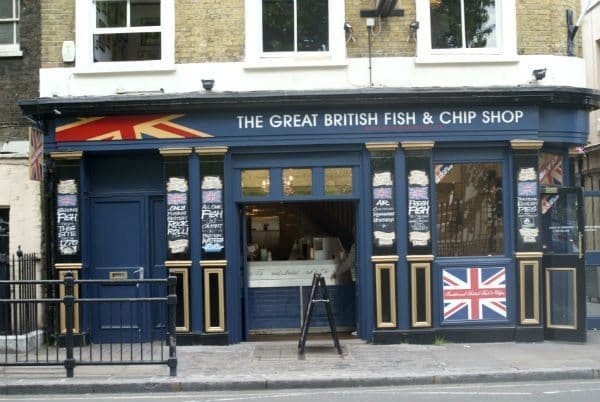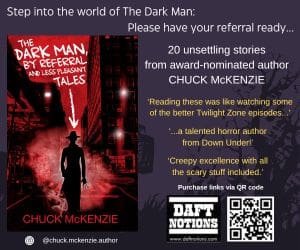Guest Post: Submitting to Foreign Publishers

I’ve been using Horror Tree now for just over 2 years and, by far, I’ve found it the best free resource for horror submissions on the net today. I’ve had over 50 stories and novels published, and accepted for publication, in that time period; most of which I found here, dangling gently off the bloody branches of our beloved Horror Tree.
Although being an English author based in the UK, most of this work has been accepted in the US and Canada and, as I’ve worked closely with editors and publishers in these countries, I’ve discovered a few necessary evils that a writer needs to adhere to, to ensure their work is acceptable for foreign markets. Don’t be fooled into thinking that, just because we share the same language, you can send a story or novel to an overseas publisher without checking and changing a few things first. For the sake of keeping things linear I’ll be giving a few examples here of UK VS USA – however most of the advice fits well with Canada and Australia too.
Taking your pants!
Here in England some US words will mean something entirely different or something oddly similar (confusing isn’t it!) Pants is a great example, in the US you’re referring to trousers (outerwear) whereas in an English manuscript this will only refer to underwear – If your character is taking his pants off in an English script, then he’s naked from the waist down! Here are some more classic examples off the top of my head:

US – UK
Gas/ Petrol
Cookie/ Biscuit
Biscuit/ Scone
Sweater/ Jumper
Apartment/ Flat
Chips/ Crisps
Fries/ Chips
Elevator/ Lift
Soccer/ Football
Let your computer work it out.
Before you send across to another country, change the language on your word program to that country, this will instantly tell you where you’re missing the British U’s and where the Z/S switches are. Be careful though, read through after it corrects your work, just in case its change something that shouldn’t have been changed – this has happened to me before! Also a little note here about the format you send in: UK are majority PC users rather than Mac – so do send the file types they ask for.
Sit back, put your feet up, and watch some TV.
As countries we share a lot of television shows. So make a note to catch up with some truly British telly, which I do believe can be found on BBC America. Careful though, don’t go doing a Downton Abbey marathon to learn how we modern Brits talk – even we laugh at the language they use there, instead go for modern dramas such as Law & Order UK and , for the devilment, Dr Who. Quick tip: check out the dark funnies of The League of Gentlemen and Psychoville (if you can find them)
Watch out for clichés:
Your work should be blissfully free of these anyway, but there are some obvious and rather annoying stereotypes and clichés about the British that can upset UK publishers and readers from the get go.
1) We all have horrible teeth – we don’t – I’d show you mine, but we just don’t know each other that well yet.
2) We all speak with ‘plumy’ accents (think Eliza Doolittle after she was pygmalioned) Most of us can imitate the posh English accent, but we certainly do not all speak this way. And we do all have regionally dialects too.
3) We all think Benny Hill was funny – although, in saying that, a man in a gorilla suit will always bring a smile to my face!
4) Bridget Jones represents every single English woman – we don’t all wear massive pants (note the use of the word)
5) Not all Cockneys are gangsters, regardless of what Guy Ritchie would have you believe.
Sayings and terminology:
These can be difficult to pick up, not living or interacting with native speakers, but it can be easier to identify your own regional/ national sayings that have unconsciously slipped through into your character dialogue or narration. If you’re sending your manuscript over the sea, you need to do one extra draft check for anything that is out of place for that country or character. For example, one of our expressions here is ‘Shine a light!’ which closely translates to ‘Holy crap!’ – if I used this in a manuscript destined for a US publishers, my editor would circle it with a big red question mark. So, do double-check that any sayings used match the intended country of publication. I once had a saying in my dialogue that was ‘Making out like a bandit,’ which in the UK means that he got away with something he shouldn’t have – as you can imagine, it was rather confusing for my US publishers! If you want to be incredibly anal and precise you can find other writers all over the world on Twitter and ask them for local sayings and terminology – I myself am glad to make connections with writers from all over the globe @nickyp_author and would do my best to help out where I can.
If you’d like to learn more about my books and advice of writing, then check out my blog http://nickypeacockauthor.wordpress.com







